|
Comments This is the 2nd part of the first of two lectures presented last week to the students and faculty of Navin Doman Seminary. i will be breaking it down into smaller parts, for some you may have seen some of this in a post before. but remember much of this is all basically new information to the listeners who were impacted by this story. ................. In 1876 there was an epidemic in Chaibasa, Alfred Nottrot was very sick, his wife died, other missionaries and their children died. Doris and Ferdinand had to go to Chaibasa to help them. Ferdinand Hahn would sit with Alfred Notrott and they would talk Theology. Throughout Ferdinand Hahn’s life he always had a mentor. When he was a child, it was his Pastor. When he was at the Gossner Mission School there was a teacher named Prochnow who was like a mentor to him. And now he had the opportunity to sit with Alfred Nottrott, and even though Alfred was very sick, coming in and out of delirium, they conversed very deeply. That was one year, and Nottrott got better, then Ferdinand Hahn got very sick and almost died. When they both recovered the Mission said that Chaibasa is not a good place, for those who are weak from sickness. The climate was too hot. So Nottrott and his family were sent to Burju, to continue to work with the Munda. Ferdinand and his family went to Lohardaga, to work among the Oraon. Lohardaga had been a station before the Mutiny 1857, and it had been closed until a year before the Hahns went there This picture shows how they traveled from one place to another. The woman and children would travel in a palki, the man would travel on a horse, and many people would help with carrying the baggage. Between Ranchi and Chaibasa there was a good road, so a bullock cart could be used, but between Ranchi and Lohardaga, there was no road. So they had a system, they would take the baggage from one village to the next village, and from that village new carriers would be hired to carry to the next village. This was the cultural practice among the Adivasi. They were used to carrying big loads. This was a custom among many indigenous peoples across northern India. Unfortunately the British turned this self supporting system into an obligation for their benefit. If a Britisher was traveling, villager had to drop everything and do whatever they were ordered. They said this is your custom anyway, so now you have to do it! They did not realise that this was a way for communities to support each otjer and was never an obligation. So Ferdinand had to figure out how to navigate this new system, and become part of the society and not be considered to be acting like the British. So he joined in to the way of give and take. If one did something for someone, then the other would be willing to do something in return. He liked this sharing economy, and even though Europeans criticized it for being primitive, he recognised the value not only for Adivasi culture but for the church. He wanted to encourage the people in the Church also to share like this. Even though the Germans could not help but keep track of balanced accounts. That part of their culture they never abandoned.
2 Comments
Now let us go back to Ferdinand's time in Ranchi from 1868-1876. When he first arrived the job that he was given was to run the Boys Boarding School. He had hoped that he would at first be apprenticing with a senior missionary, but unfortunately they left the mission and went to the Anglican Church. So now he had to figure it all out on his own. One person who helped him along the way when he was the young Hanukh D. Lakra. Hanukh later became the first President of the autonomous GELC. When Hanukh was a boy he was the only one that had learned some German. The new missionaries didn’t know any Hindi, not even any English to be able to speak to the British, so it was good to have this youth helping them all the time The Mission made a commitment in 1871 to make sure that the Adivasi Church was independent. This was a principle that Gossner had emphasised, but the older missionaries had lost sight of that vision. There were some Indian pastors in the mission, but they were from places like Bengal, UP, different places. After almost 20 years there still were no Adivasi pastors. So in 1866 this big building was built for the purpose of training pastors in a Seminary. But in the beginning they only could use it for a school for Catechists, and as a girl’s school. 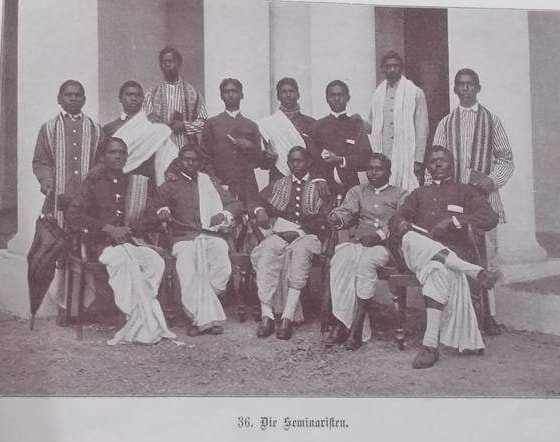 Among the Catechists they chose a few string leaders. One was a Munda named Nathanael Tuyu. They asked him to go to Ranchi for a two year program. He said, "why do you want me to go to Ranchi, I am doing God’s work right here. Why should I go away, am I not doing God’s work here? I am called me to do God’s work here." That was in the area of Chaibasa. So it was agreed that he would be given a fast track for only one year. Nathaniel Tuyu was so impacted by what he learned in Ranchi, that he encouraged others to seek this training and be better equipped in understanding the Bible and learning about church life. Ferdinand Hahn, who was not ordained, was asked to tutor Nathanael Tuyu to get through the program in a year. This is how Ferdinand’s life as a missionary started. He doesn’t know how to run a school, but he is told to run a school. He is not ordained, but he is told to ordain a pastor. That should give you some idea of his character that said, I can do, I can do. This is the picture of that Seminary, but today you cannot find it in Ranchi. It was next to Christ Church. Now all you can see is this wall, and these three pillars. The rest of the building was knocked down. The problem was that they didn’t do Seminary here in Ranchi, it was done in different citied, like Hazaribagh. They had trouble maintaining such a building after Autonomy. You can imagine it is very difficult in maintaining a building like this. They would place the Seminary where the Teachers were. The building was not properly used. When you go to Ranchi you have to imagine - 1868, 1871, 1880 when this building was there, there was no big city like there is today. There were only 26,000 people in Ranchi. Then there was only Christ Church and the Seminary building and a few smaller buildings around to be seen. So at that time it was standing out as being the place for God, that Christ is here, in the middle of - nowhere! It was like puttiing a light upon a mountain. I've been laying low, resting and writing, for past 2 days. Finally went out and well it is kind of like Miami, hot and humid and gratefully not that polluted. there hasnt been rain for a bit. The winds have cleared the air, now that they finally are no longer bringing sand with them from the desert. But still I went with a friend to the elitest hideaway to be cool and have safe food. Except for a few coughs i managed pretty well. Appears I am on the mend.
The Imperial has always been my little sweet place of escape in Delhi. It is so elegant, so peaceful, but so expensive (high even for American prices). But Ive never enjoyed a cucumber cheese sandwich so much, and my fav, fresh lime soda sweet. But this glorification of Imperial rule and the display of decedance, with someone wherever you turn to namaste you and meet your every need, is over the top for me. In the 70s it wasnt this constant show...it was a Greta Garbo kind of elegance: : "I vant to be alone." Any way, I got my Imperial stint in, now I am ready to go for coffee with a communist. That's India for you. In fact coffee with the commie IN the Imperial would just be the ticket. (Im sure that will ruffle a few American feathers...fyi I am joking) ...................... This is the first part of the the first of two lectures presented last week to the students and faculty of Navin Doman Seminary. i will be breaking it down into smaller parts, for some you may have seen some of this in a post before. but remember this is all basically new to those who wete impacted by this story the most. ...................... I’ve been studying this research for over 5 years. I have had the advantage of finding a lot of material online. .. and as I told you yesterday, it was the diary of my great great grandmother that sparked my interest in this story. It began as a search for a forgotten family story. We have had four generations of missionaries to India, my father being the fourth, but we knew nothing about the first generation. Many people in America are interested in their Ancestry story. America is made up of a people from all over the world. Millions of Americans have German ancestors, but mine have a unique ancestor story for they migrated from Germany to India before going to America. Doris and Ferdinand Hahn are my great great grand parents. Let me tell you how they met. Ferdinand was attending the Gossner Mission school in Berlin, and another student with him was Wilhelm Voss, who spoke often about his pietist family. He also spoke fondly of his younger sister. So on the day that they were being commissioned to go to India, Wilhelm’s parents and his sister came to wish him goodbye. Ferdinand immediately knew she was the one he wanted to marry. She was only 16, but he asked, Will you marry me? And she immediately replied, Yes! Her parents also immediately said yes! Because Doris also wanted to go to India to be a missionary. is it Dr Farabehn's wife In my research, I was frustrated to find that the contribitions of women were hardly ever mentiomed. So when I finish telling the story about Ferdinand I shall write a story about Doris, who inspired me. She did mamy things other than write a diary. Since she was only 16, it was decided that she should stay in Germany and apprentice to become a teacher, while Ferdinand settled in India. Doris came to India in 1871, they got married in Christ Church in Ranchi. [Note of intetest: 25 years later, their oldest daughter, my great grandmother, got married on the same day, 8 December, in the same Church. So it became a family tradition. ..................... Let me tell you about Ferdinand Hahn in his childhood. He lived in a small town outside of Berlin, named Ketzin, born into a shoemaker family, and it was expected that he also should become a shoemaker. But he was very smart, he liked to go to school. But at the time in Germany ( then Prussia) free school was only available to 12 years of age. For this reason the pastor of the church in Ketzin decided to train Ferdinand himself. Ferdinand learned all the subjects he would have had in high school, called a Gymnasium. It was too expensive for his family to send him for higher education, as they were only shoemakers. So he learned everything from the pastor and books. He learned French and Greek and Latin, and History and Philosophy, and also a little Theology. All this on his own. His favorite thing to read was to read about the 17th century missionaries, like Ziegenbalg. He found their life very interesting, and wondered if he could be a shoemaker in India? Ferdinand then experienced a spiritual awakening and wanted to go anywhere to serve God. He heard about the Pietist in Berlin, Johannes Evangelista Gossner. Even though Gossner had already passed away, there was his school in Berlin, a MIssions school teaching the teachings of Gossner and preparing people for service to all humanity. Gossner’s taught that faith is both an inner and outer expression. One must live a life of following God, but one must also serve other people as a true outpouring of that relationship. This was how God is evident in our lives. After three years in Berlin, Ferdinand Hahn came to India in 1868. When he arrived it was just a few months before a missionary conference of all the German Gossner missionaries in Chotanagpur. Ferdinand was looking forward to learn from the seasoned missionaries. But instead when anout twelve of them gathered their meetimg was filled with disagreement. What resulted after this meeting was that the older missionaries, who had been sent out by Gossner joined the Anglican mission. The newer missionaries who came out after Gossners death stayed in the Gossner mission. So as of 1869 the Gossner mission started afresh with a new constitution. This is a picture of the 1871 missionary conference. The two in the middle are Inspector Plath from Berlin and his wife.
Alfred Nottrott is standing behind them, he was already working in Chaibasa, mostly among the Munda. He was already encouraging the people to worship in their own language (a primary teaching of Gossner) In about 1888 Nottrott became the President of the Mission. This is very important because Nottrott was very different from Ferdinand, who had had a very informal education. Nottrott had his education in the best university for Theology in Germany at the time, in Halle University.. So these two men already have different backgrounds. But over time they become the leaders of the Gossner mission in Chotanagpur. [Note: Alfred Nottrott is my great great uncle. The oldest son of his brother married the oldest daughter of Ferdinand and Doris, and are my great grand parents, who worked in Chattisghar] 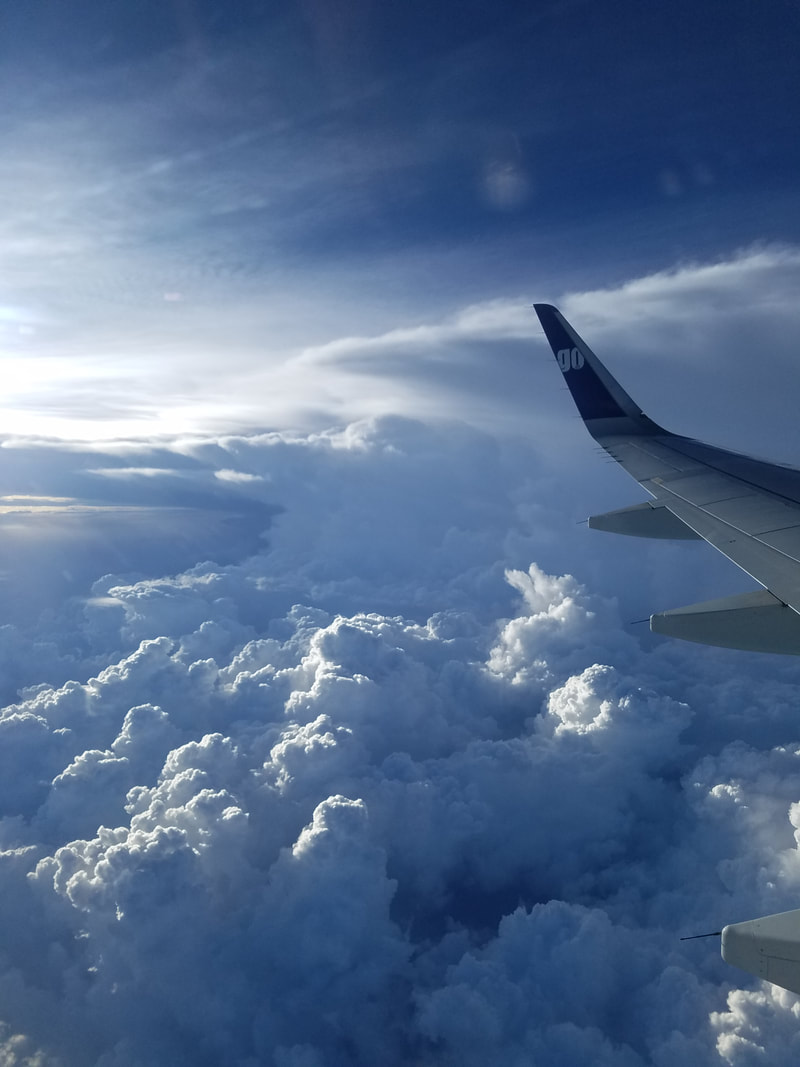 I have other catch-up posts to make, but I just wanted to say something about my travel experience yesterday. It is never a good thing to travel while you are sick. And I now repent of all the times I cursed (in my head) a person for coughing on the plane and spreading germs. Now I was the guilty party! I prayed the whole way that no one would suffer on my account. But traveling while sick, you are bound to do a few foolish things. Well I did a couple. First I dropped my ticket and passport. But someone immediately told me. Second, when I had to take my computer out of my bag in security, I forgot to pick it up. So after I was contentedly sitting playing Suduko to pass the time, a security guard came to tell me i need to pick up my computer. Now it helps that I was the only white woman in the airport, so they remembered who was the absent minded one. Third, while waiting for the baXeroxg at baggage claim I was getting very tired standing and waiting. So I saw one guy sitting on a baggage cart waiting for his bag, so I thought I would do the same. OK, fyi you need to be aware of basic balance. the whole thing toppled over and I was on the floor. Immediately a muslim woman came running to my rescue then a man litteraly pulled me back up onto my feet. Another man returned to me my glasses that had gone flying. And then others held the cart so I could sit down balanced. A woman kept returning to me to make sure I wan't hurt. I don't know how this falling incident would have played out in America, but I really don't think so many people would have come to my rescue. I won't idealise this place over any other, for there are preditors and theaves everywhere, and I must admit I had to double check that I still had my wallet and phone. But I take note that there is a strong feeling of empathy. If something bad happens to someone there is a compulsion to help that person. At the very least if they are in the same status or higher status of you. Yes, caste and classism is very strong here. There is not an ounce of sympathy for those "beneath" you. In Ranchi another similar incident happened. There was a conference being held for training village women in family health. They would then return to their villages to teach others. The village women came with their children. It was so beautiful seeing them everyday dressed in the most colorful saris. After the initial shock of finding a white woman staying at the guest house with them, they basically ignored me. Until one morning I dropped a tea cup. Karab kismat! Bad luck! For the rest of the time they looked at me with such sympathy and friendliness. "Poor old lady, she now will have a bad day!" But I didn't. Unless of course this cold is a result of a broken cup. The days have been filled eith great conversations that is giving me important perspective as i continue in rewriting and editing my book. We have talked a great deal about the importance of history and how the stories must connect to people's lives to ne meaningful. I have shared a lot of stories, and heard new stories. I will continue to send excerpts from my research to both the church paper, the Gharbandhu (the oldest neespaper in the region) and the seminary journal. It has been decided that I am returning October 2019 to celebrate 100 years of autonomy. My dad is wishing he had come along and may be pursuaded to come eith me next time.
I will be out of Wi-Fi connection for the next 5 days, after which i will catch up on my posts with new pictures. It has been a lazy Sunday. I dont think Ive rested like this for a long time. Its been a hot and humid day with clouds forming, winds blowing now and again, but no rain. The monsoon is at a lull here too. Delhi has it particularly bad, but the rain is due to hit before I go there, which hopefilly will make it a little bareable. Regardless, I did quite a lot. Perhaps because of the mugginess, the day just seemed to go on and on. I went to church and then decided to go to the bazaar despite a few raindrops. All the stores were still closed, and the streets clear of traffic. Well except for the buffalo. The 24/7 ATM was open so I decided to get some cash. It worked fine, so i decided to check my other card if it worked by taking a little more cash. It froze in mid transaction! So i waited, and finally went to the security outside. The guy came in to fix it and said this happens when it rains. Really? those few drops that fell? He had to reboot the machine to cancel my order, and of course it took forever! So i took the opportunity to practice my Hindi. He told me everything that was different between Bihar, where he comes from, and Jharkhand. Finally the machine cleared and said it was out of order. No kidding. By then the stores were starting to ooen so I went to my favorite general store and got some yoghurt and a few other things. It is just amazing how jam packed the store is with merchandise. You ask the ladies to get whatever it is you need. Which means you need to know what you have come for. No browsing. I thought they were uncharacteristically grouchy for having just opened. But it is amazing what a few words in Hindi will do to brighten a face. The rest of the day was spent reading, writing emails and studying my Hindi. I periodically walked out in the garden to wait for the rain to come. Whenever i sat in the lobby I had some very interesting conversations about the 100 years of autonomy of the church and indigenous governance practices. I was invited to Bimal, the manager's house for tea, and got to see his upgraded house, with a higher roof and a new bathroom added on.
As i post waiting for dinner, the cook is playing hus flute, the night air is cooling. It still hasnt rained, but I have felt the Lord's showers of blessings. I was too tired to get a sim card at the airport when I arrived and I sluffed it off while I was in Mumbai. So the only suggestion I have is get a sim card before you get to Jharkhand, if you are a tourist. The sim card will give you a phone to use here in India, plus data. Its convenient, but i can live without it. I am getting weak internet access at the guest house and have been communicating through WhatsApp. Since I was offered a car and driver today I decided to go out a find out if i could get the sim card and the big fancy vodophone store at one of the many malls here. The lady was very keen to sell me one today, but i think she was just figuring out for the first time what was required for a foreigner. I apparently needed a photo in addition to copies of my passport and visa and address and phone of where i was staying. Ahe driver, and I walked to find the store, since he had found a rare parking spot. It ended up being an 8-10 minute walk. I am avtually pretty good and weaving through scooters bicycles cars and busses. But its not for the weak of heart. Plus it was the hottest time of the day. We got the pictures. (Asok is wearing the Bob Marley shirt). Meanwhile, I stopped at an eye glass store to fix my broken glasses. When I have more time I will stop at one closer and get some new glasses, hopefully.
Got back to the phone store all hot and sweaty and she called to get final approval only to be told that I needed an Adhaar card (national id). I have subsequently been told elsewhere else in the country thw courts have said it is illwgal to require this for purchases. I mean in the states we may be asked for ID if we purchase alcohol to verify age, or if we want to use a check. Still thwy would accept other forms of ID. In any case, if you are in Jgarkhand the phone company is still getting away with that additional hoop for people to jump through. One, at last I could not. There is still one last hope if I return to the airport. But that is for another day. That adventure left me beat. The rest of the day was spent preparing a presentation Ive been asked to give to students at Navin Domin Seminary in Malar (near Ranchi). Maybe I will shate that in another post. I finally got two nights of full and sound sleep and am getting back into motion. The monsoon lulled for a bit so it is hot, but i am acclimating. I went up to Lonavala with my frienf to be a little cooler. Ironically I have a cold from coolung off under fans. We walked a lot through the bazaar yesterday to find a good place to buy a kurta (shurt). Worked up a good appatite for Gujarati tali (food served in separate disshes eayen with fingers). Then we went and picked up some boganvilla to plant in my hosts garden. Here are some random thoughts.
The ever present Indian cow. Firsy noticed a family making a living on a busy intersection. The woman is selling some sweets to feed the cow. Passers by will stop amidst the chaos to feed the cow in hopes to find favor woth the gods. Otherwise cows wander around randomly. This reception sign shows a little emulate that is hung at an entrance, again to appease the gods or ward off evil spirits. Water is an important commodity. This cafe is giving water captured in the roof top tank for bottled drinking water. And we brought home our own stash of drinking water. I will let you make what you will out of this sign on rhe left. Waking up to the noises of the city. Lots of horns beeping and crows cawing. The rain is coming down. But I am still just waking up and need to get out to find a little breakfast. Hope to recover from the flight. It was pleasant enough but you can't really sleep well on the plane. Joel saw me off in Chicago for a 7 pm flight and I arrived in Mumbai at midnight, after two eight-nine hour flights and a stop in Paris that was just enough time to be shuffled through a maze of cooridors to switch flights. I was going to write about tips on surviving these long flights, but I was so exhausted i fell asleep again in mid post. So future posts hopefully will be a bit more descriprive. Mumbai airport is very nice, but you still feel like a lot of cattle being herded through. Many planes arrive at midnight from all parts of the world, much fewer foreigners at this time of the year. Still the line through customs is long, but flows efficiently. So at the airport once you go through duty free area and baggage claim and customs, which flows freely there are a couple of things to do before heading outside.
Its advisable to exchange some money there so you have Indian Rupees. I forgot, so will look for an ATM today. I was advised to make sure i go to an ATM with a guard, due to theft. This national push to get all India onto electronic banking, still requires humans after all. The US dollar was as low as 60 Rupees in March, and now it is 68. That will fluctuate. It will be interesting to learn what are seasonal fluctuations of the local economy and which are due to global politics. You can get a sim card for your phone at the airport, but I decided to wait till I was with someone who can tell me what is more feasible. I do know that many things are more expensive for foreigners here. When I convert prices into dollars it still seems very affordable, but eventually you need to learn what local rates are. Having a phone is very helpful. Connectivity became my favorite word the last time I was here. If noone is picking you up, get a prepaid taxi. They charged me Rupees 1500 (about $22) for A/C. I paid it but said i thought it was more like 500. I dont think i said it in Hindi. the woman behind the counter turned to the guy next to her and said something in Hindi along the lines of "this white one thinks she knows something". As they laughed I gave a typical Indian jester that means "so it is". Then outside while i was waiting for my prepaid taxi to show up, an Indian family came and began haggling with the guy in charge. He kept saying they could go inside and prepay, but the rates were set. I was so tired and have no idea how other travelers could find the energy to be so persistent so early in the morning. But it is how things are in India. |
2016 -2020These musings include the journey of my writing on the history of my great great grandparents and the travels for research to India, Germany and other places of interest. Archives
June 2020
Categories |
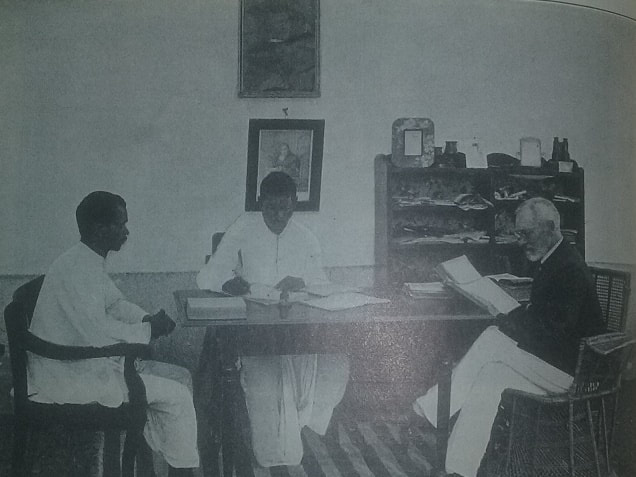
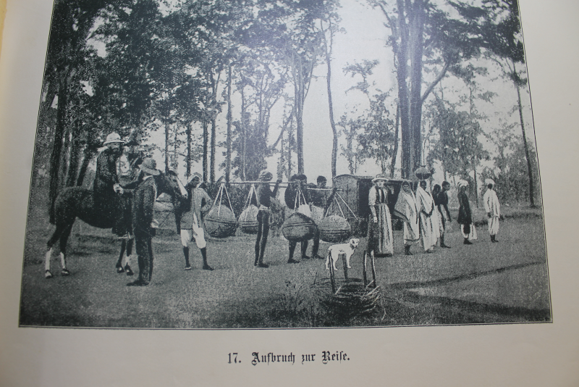
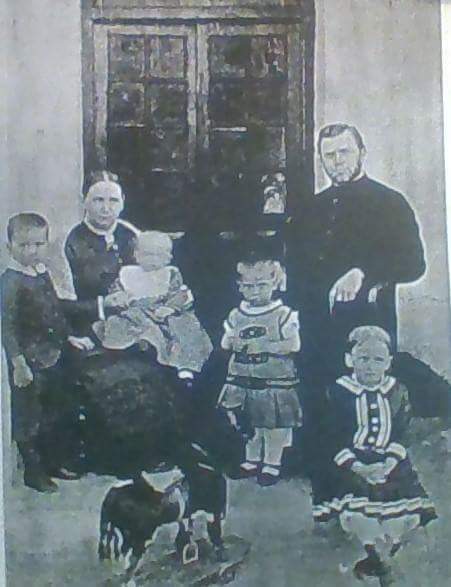
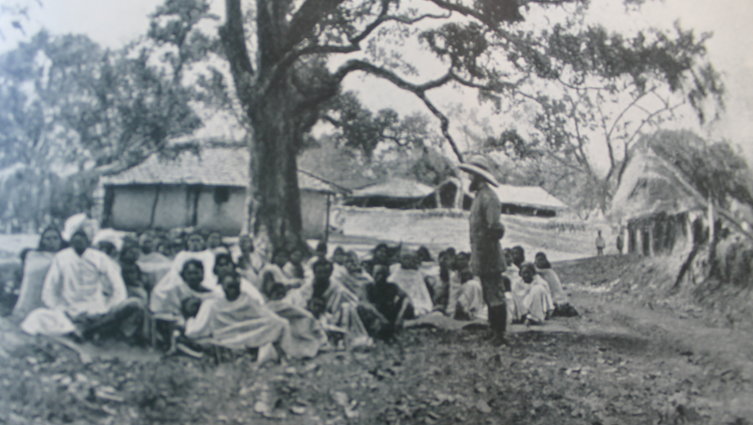
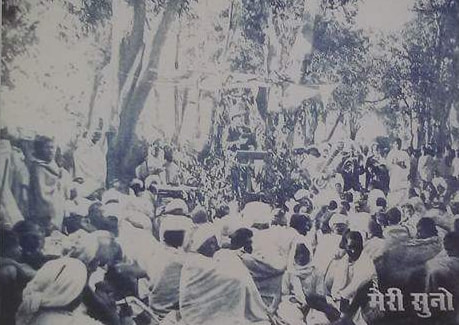
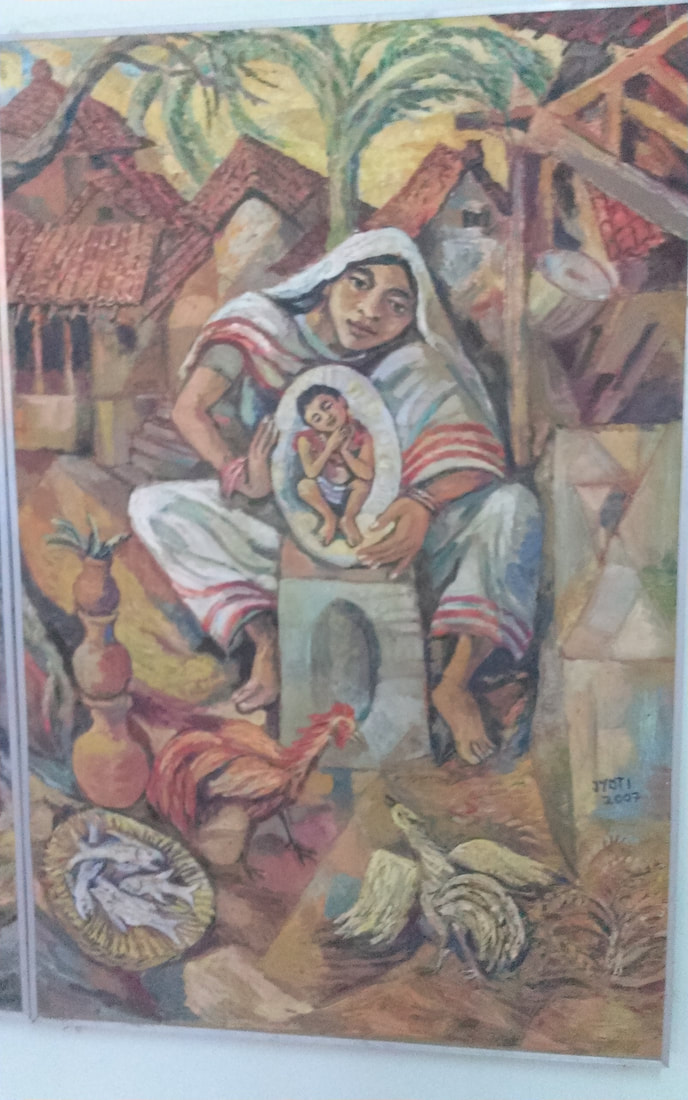
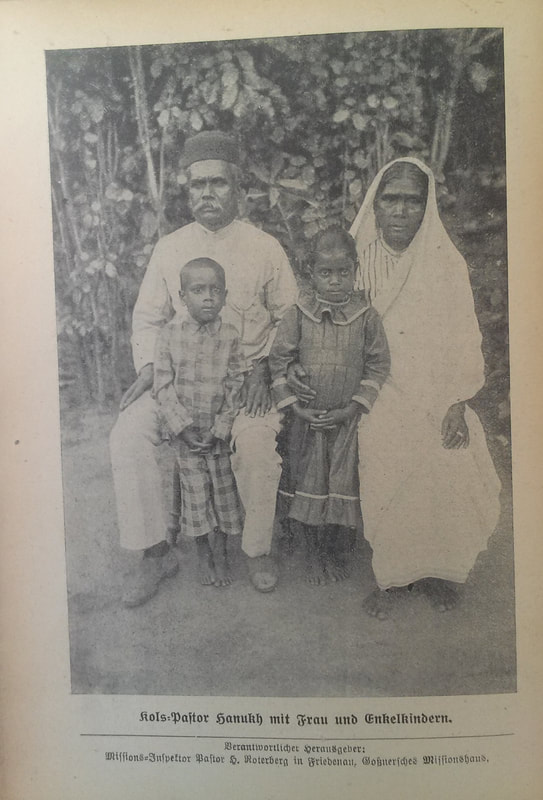
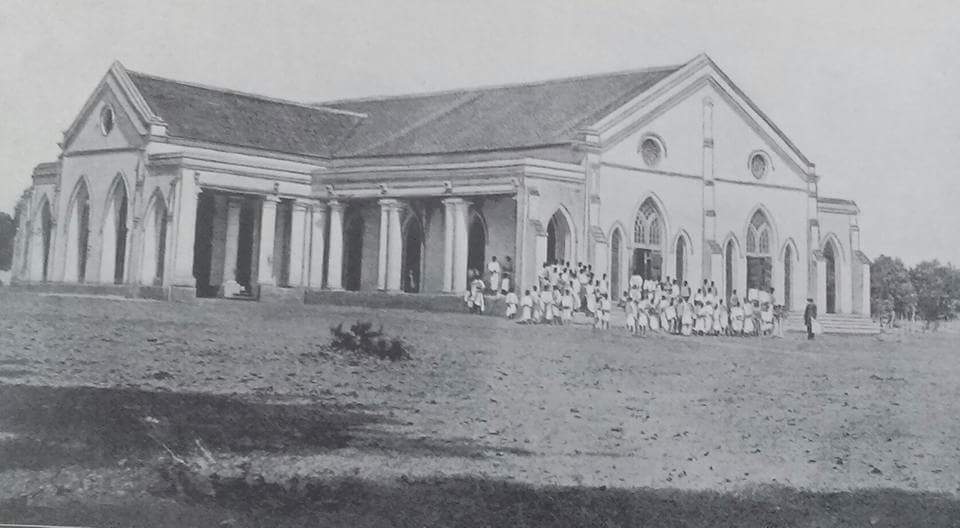
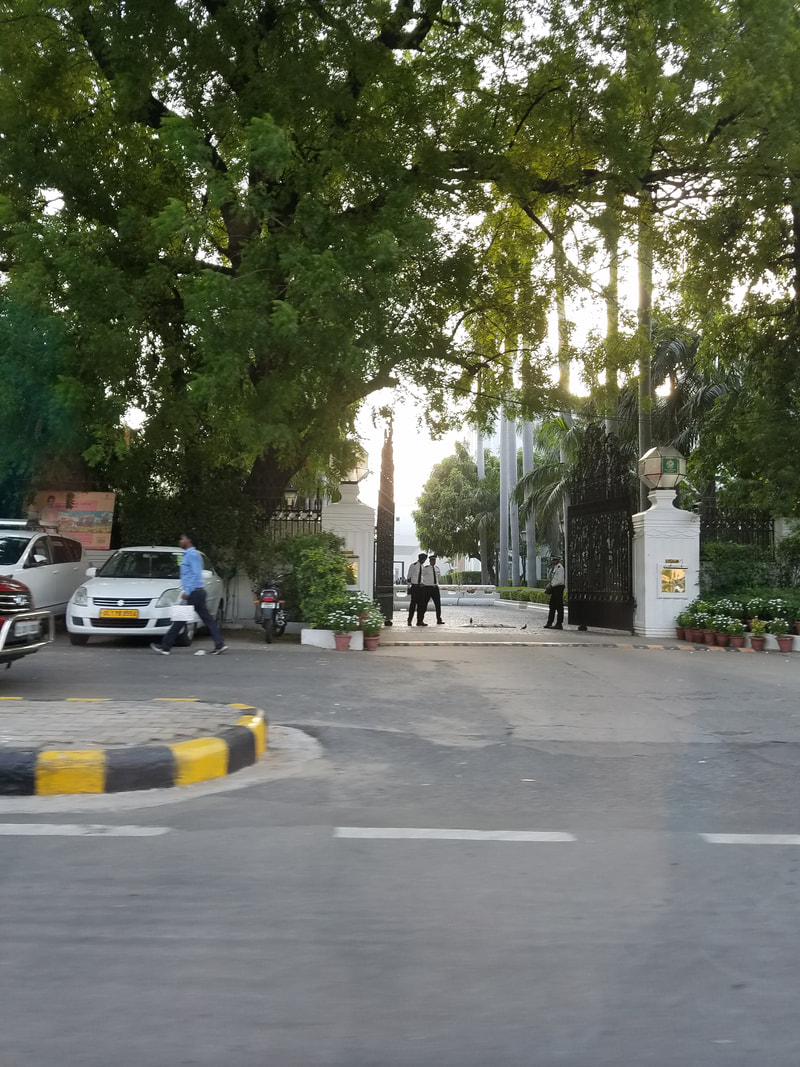
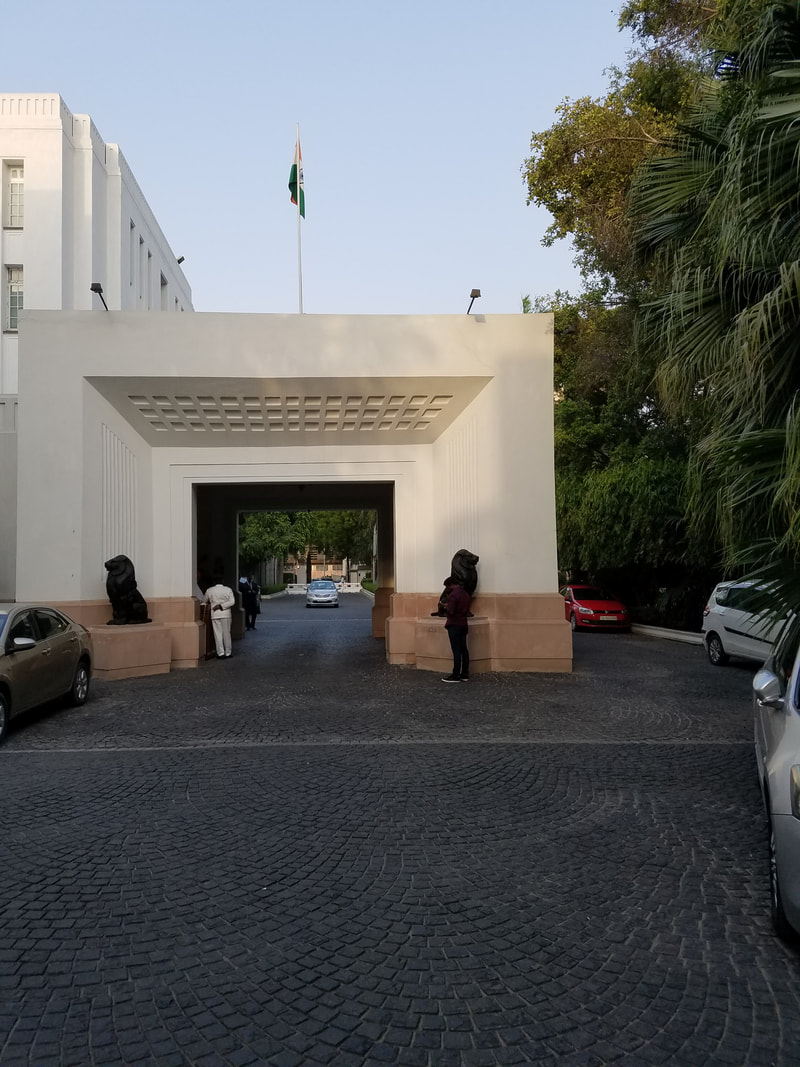
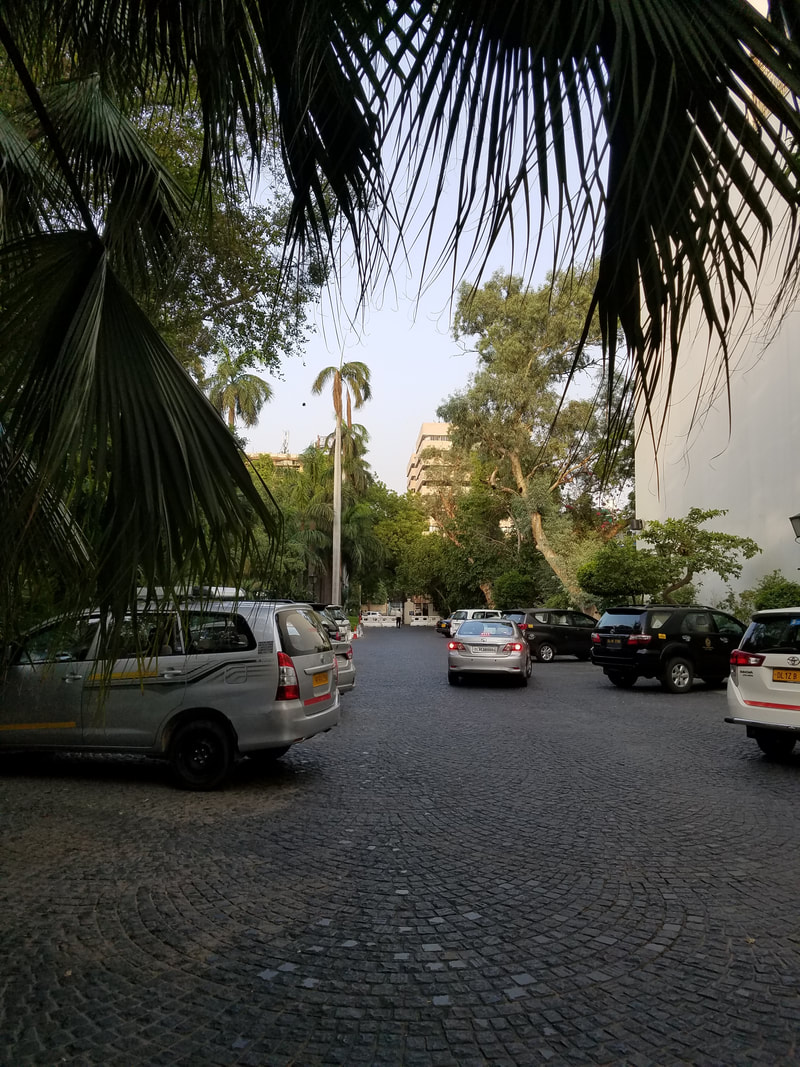
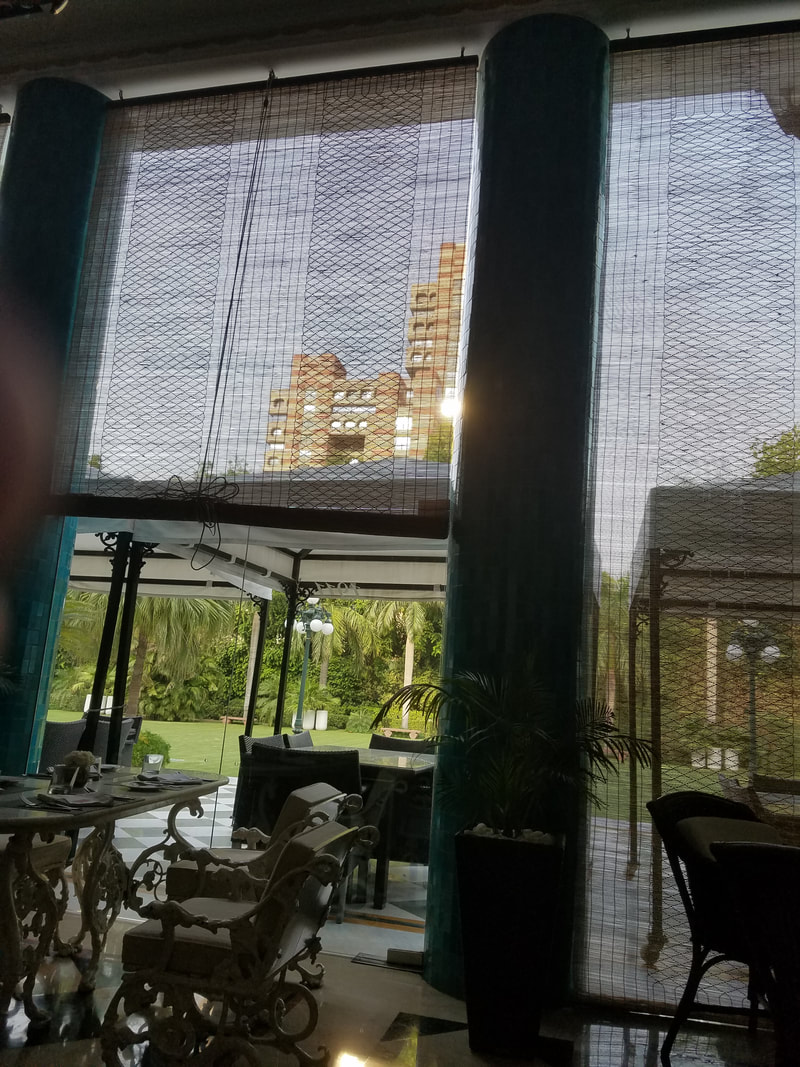
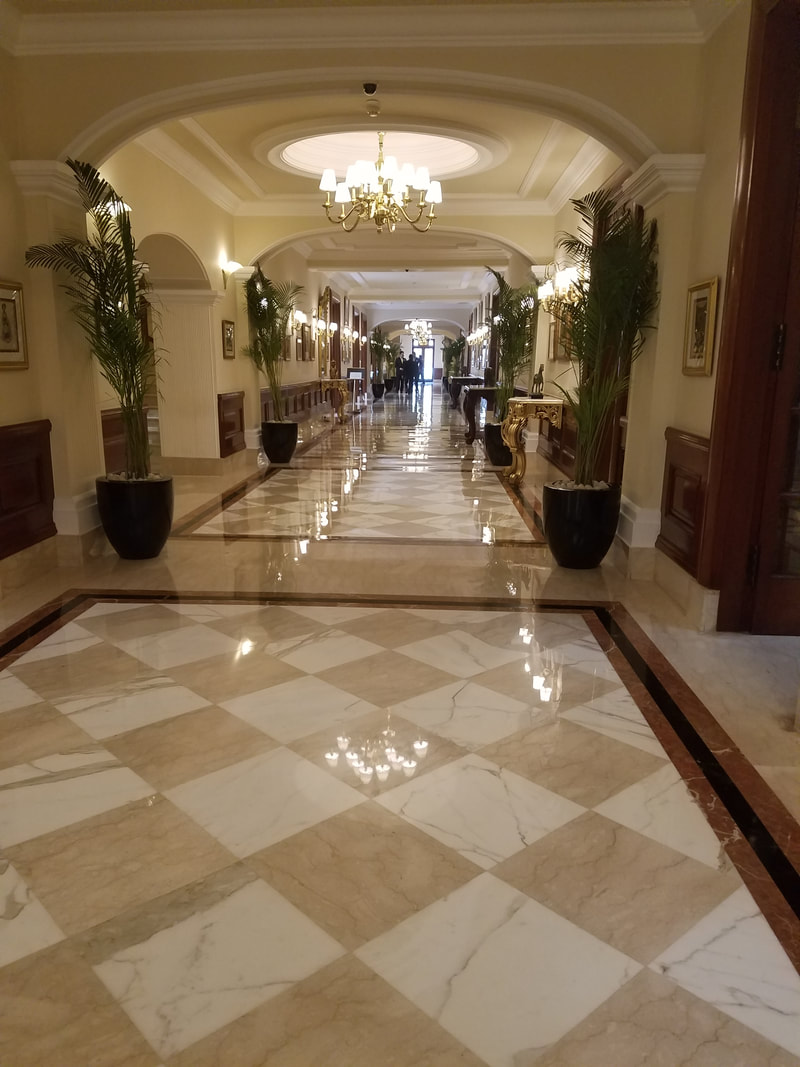
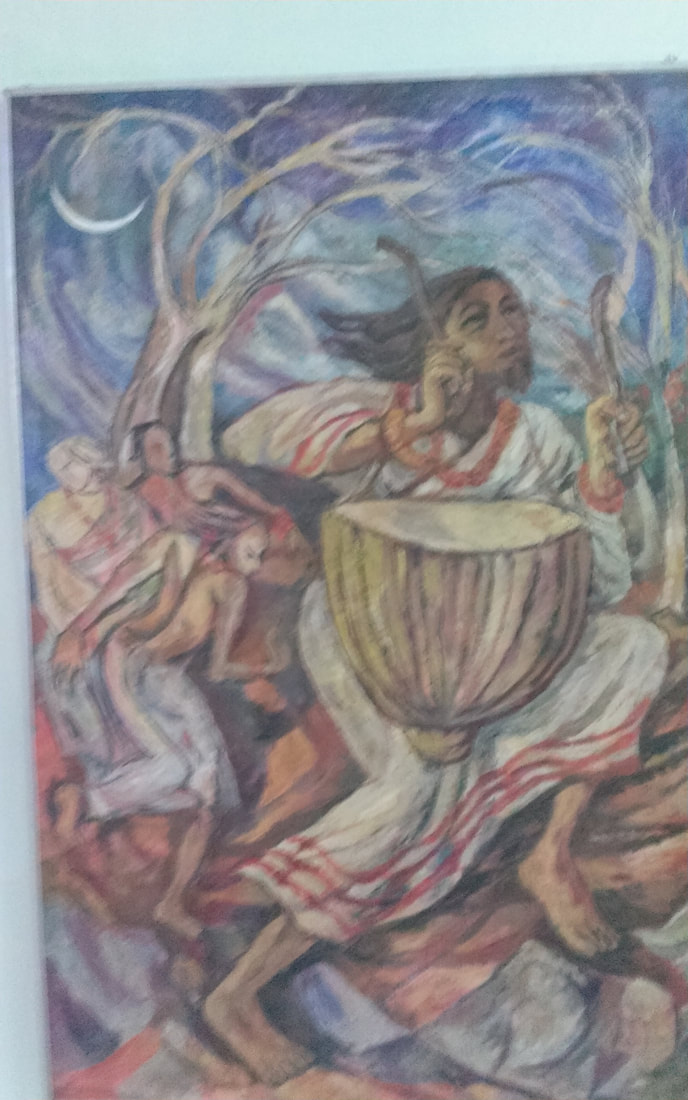
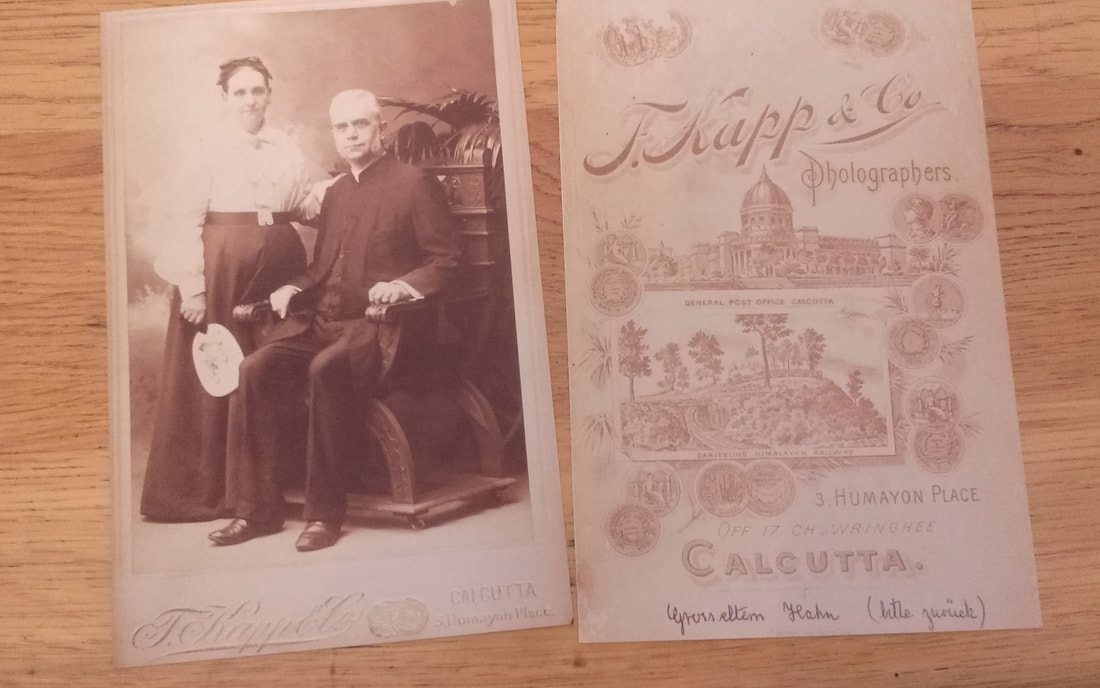
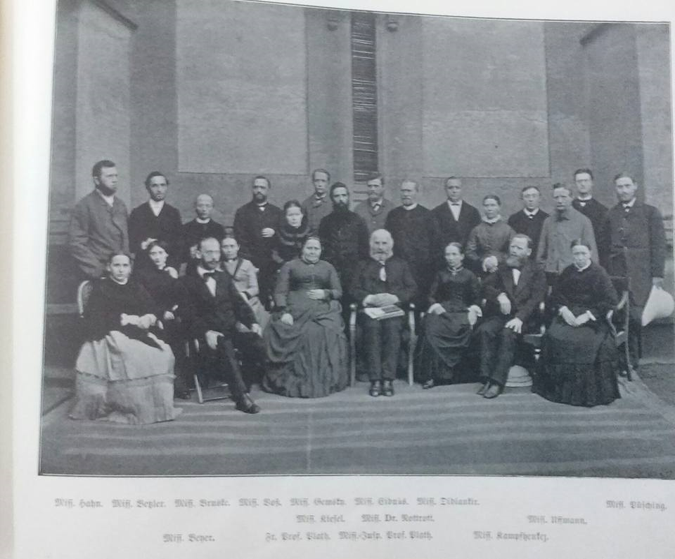
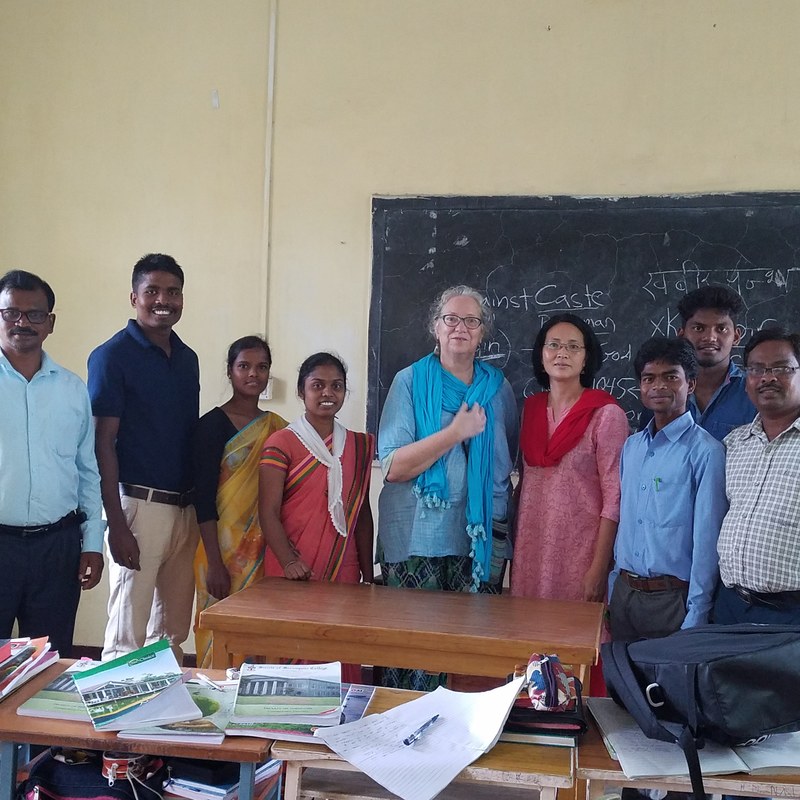
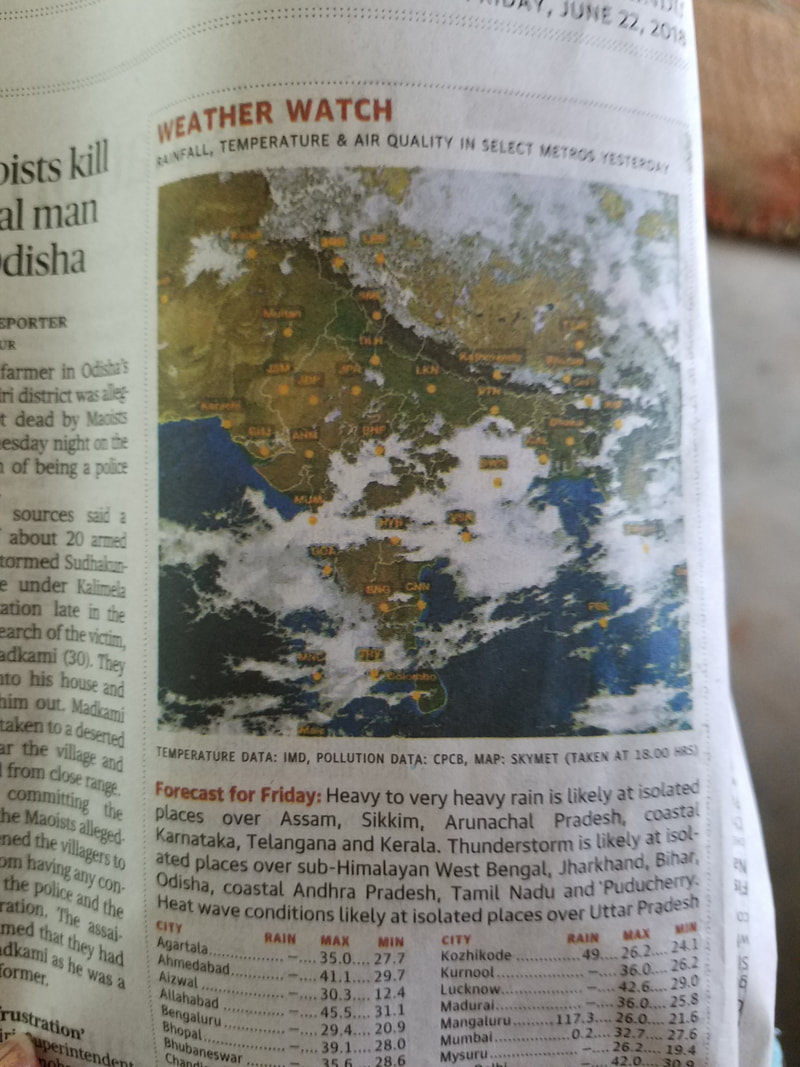
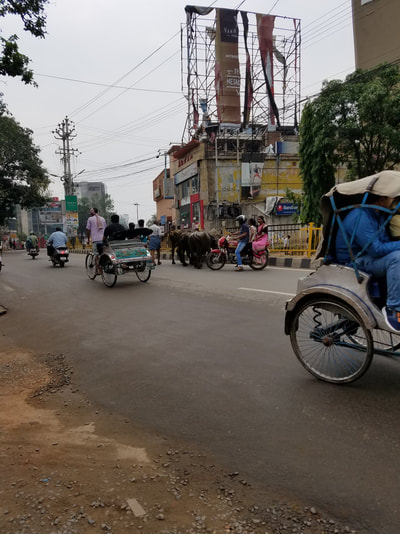
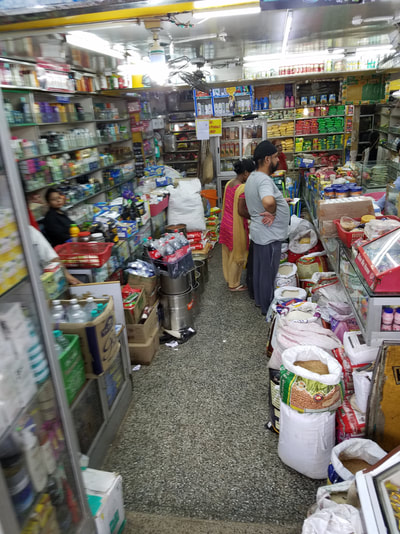
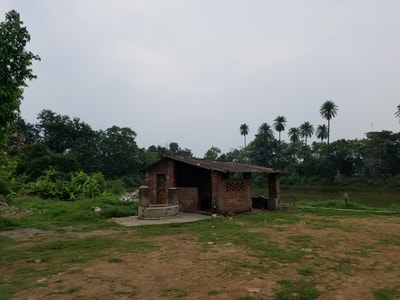
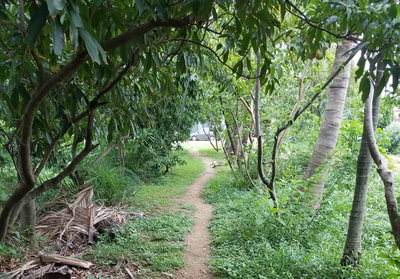
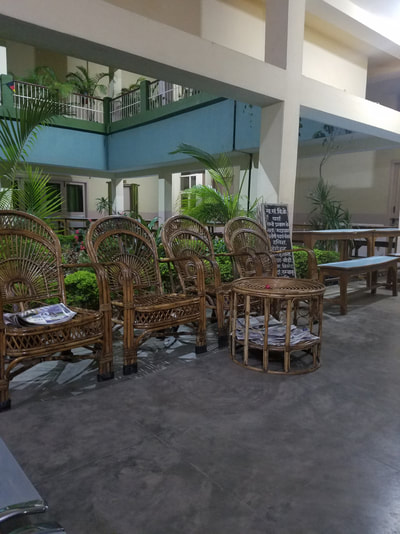
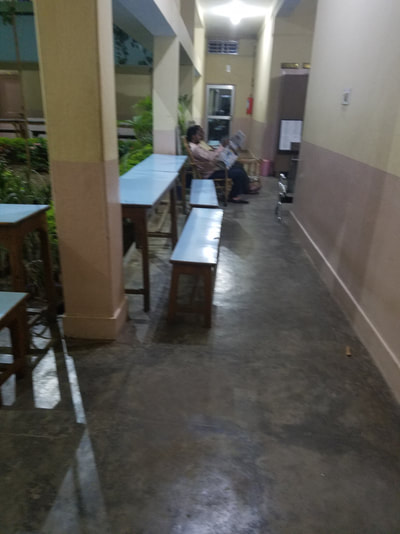
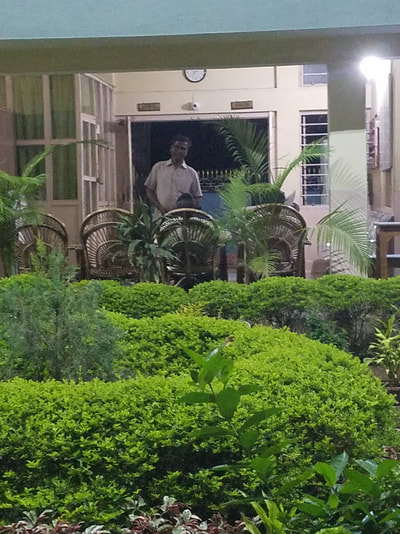
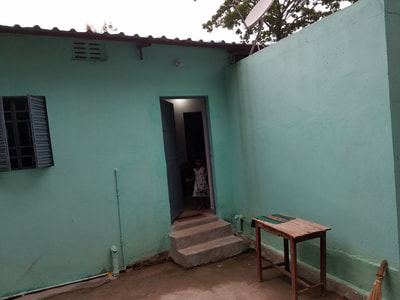
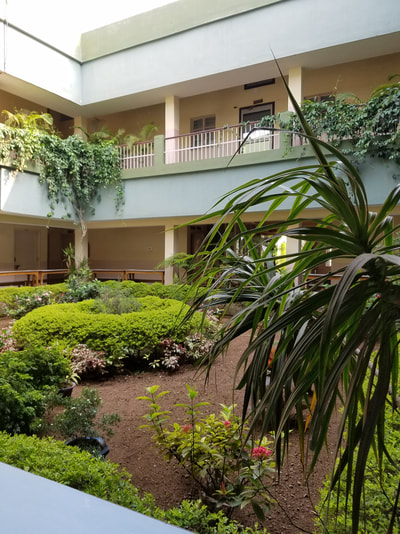
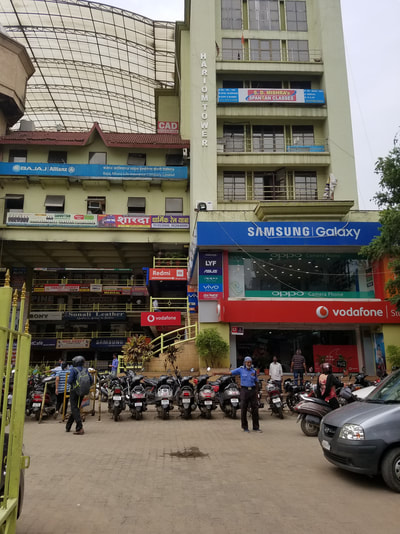
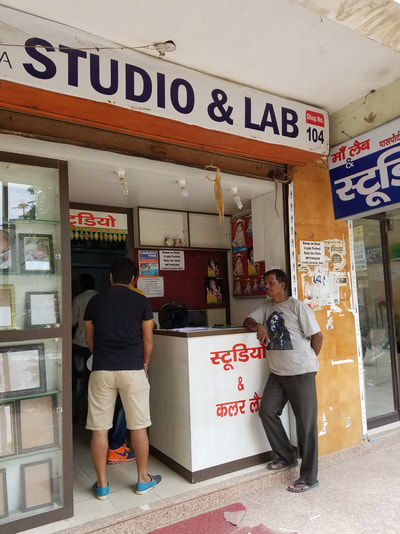
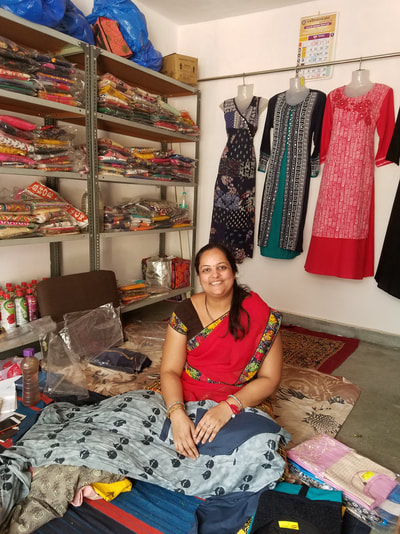
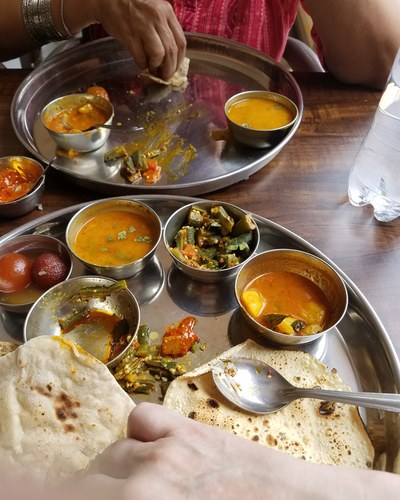
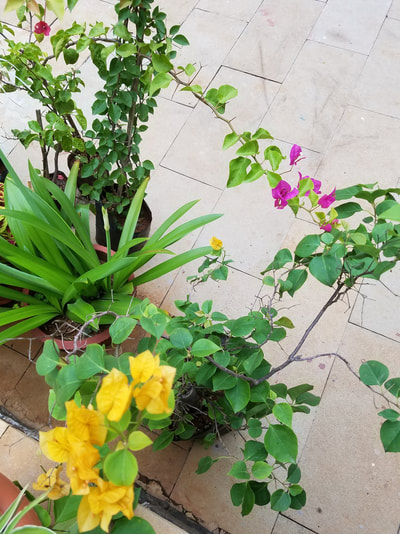
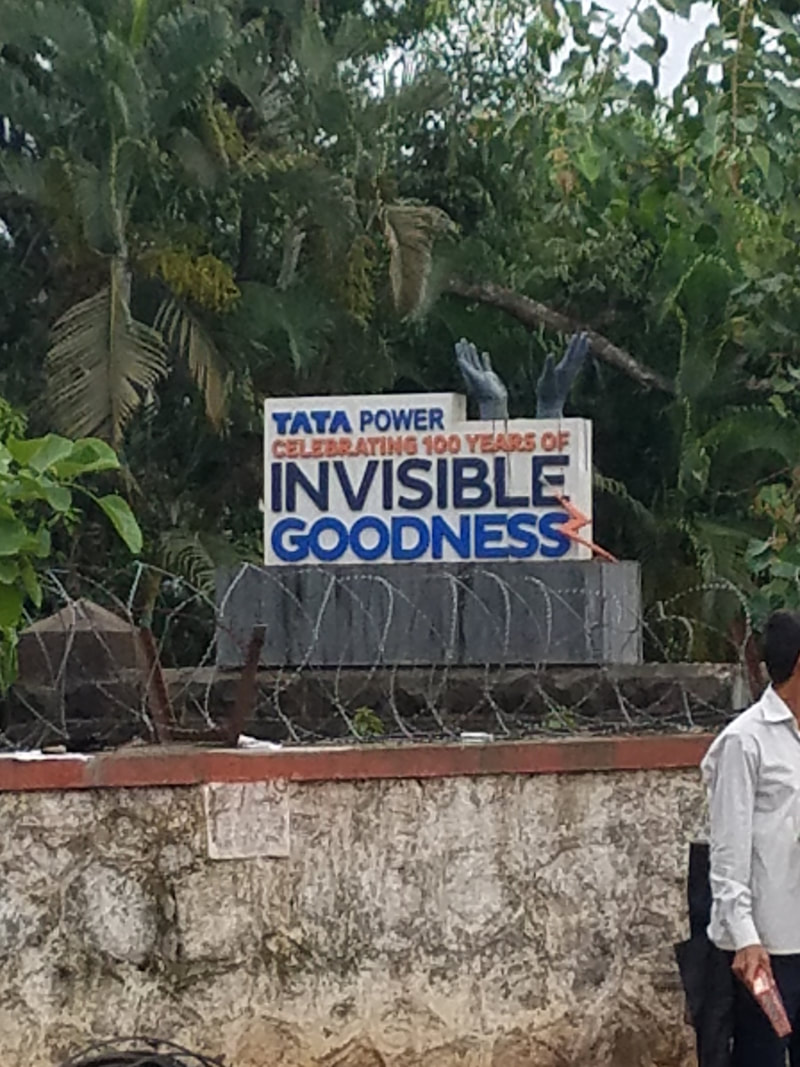
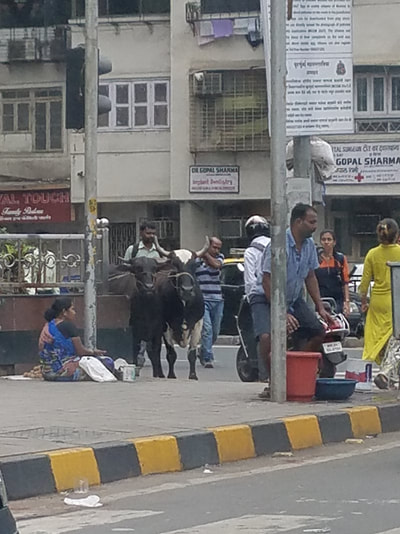
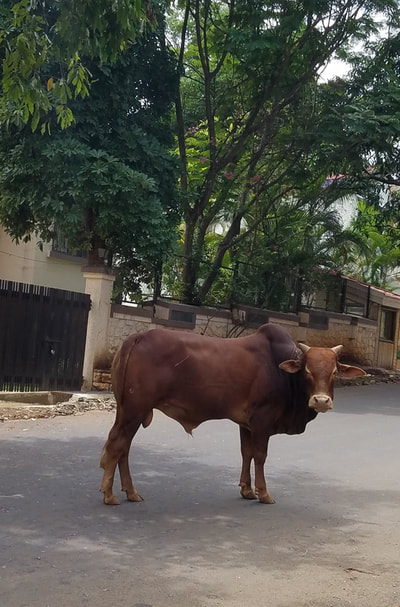
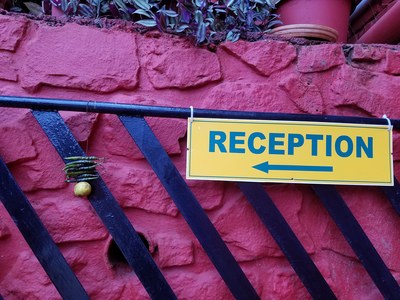
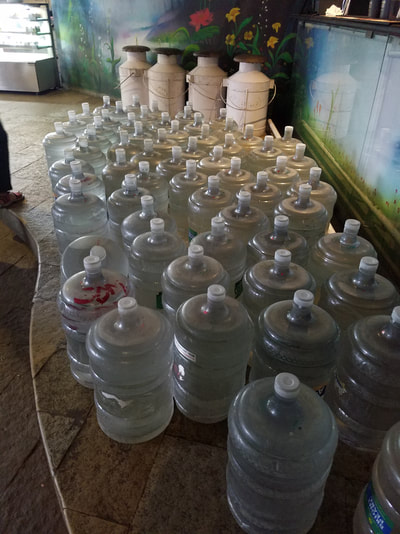
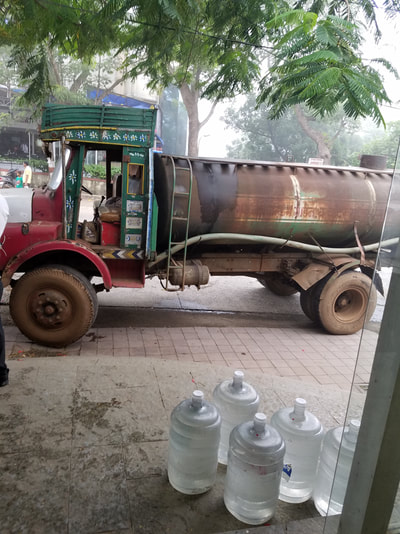
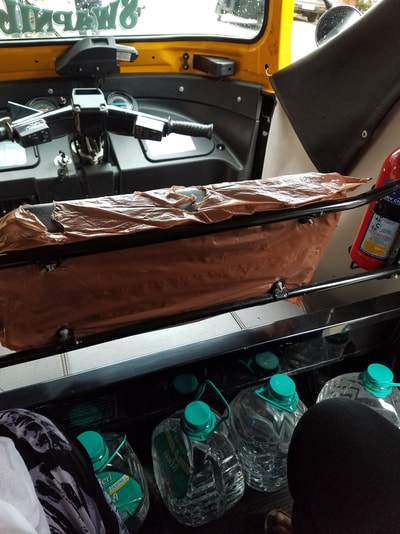
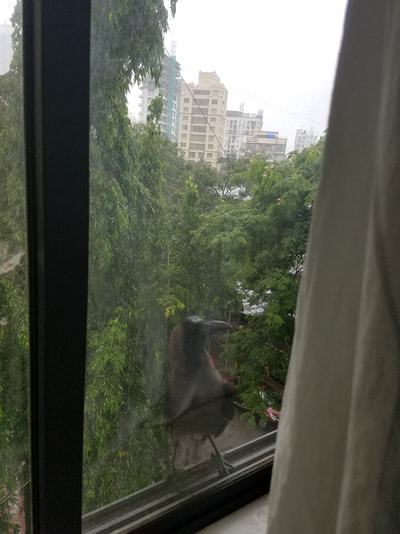
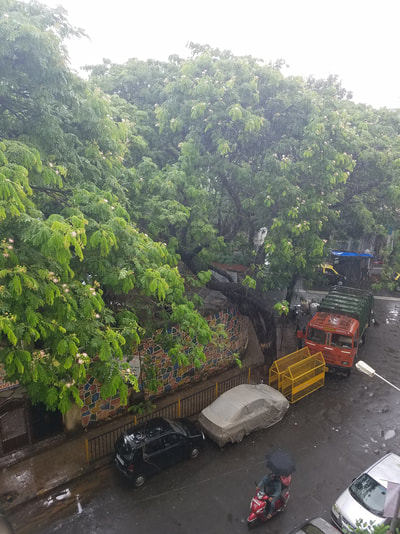
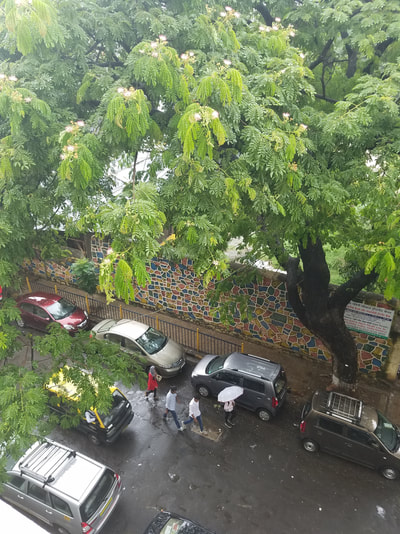
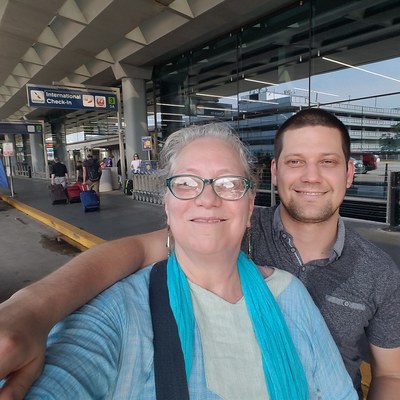
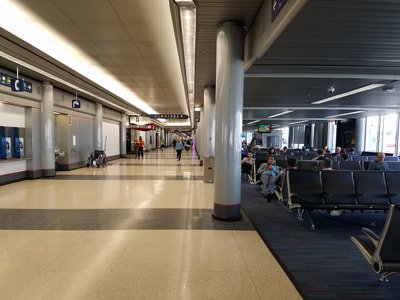
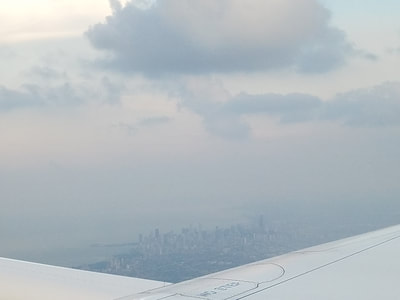
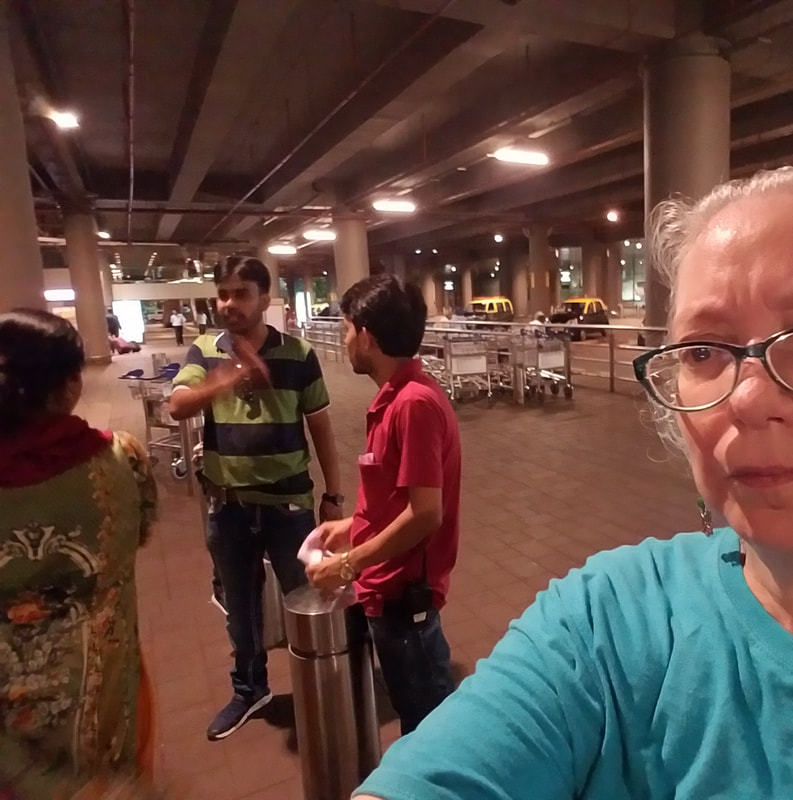
 RSS Feed
RSS Feed